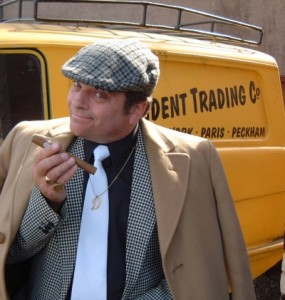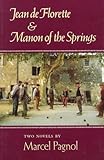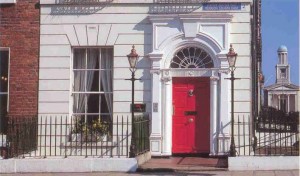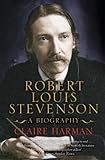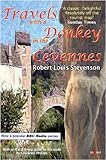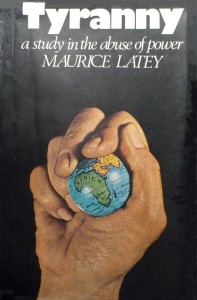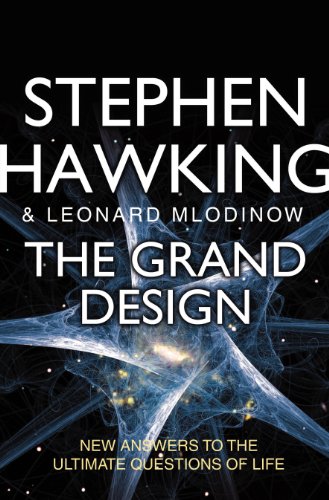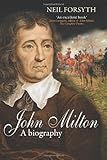http://www.mercola.com/ is my natural health website of choice. It contains a lot of relevant information for concerned British readers. This guest Post summarizes many of my concerns. I will try to address them personally in greater detail in the future..
 Dr. Mercola is the founder of the world’s most visited natural health web site,www.Mercola.com. You can learn the hazardous side effects of ‘over the counter’ remedies by getting a FREE copy of his latest special report The Dangers of Over the Counter Remedies by going to his Report Page.
Dr. Mercola is the founder of the world’s most visited natural health web site,www.Mercola.com. You can learn the hazardous side effects of ‘over the counter’ remedies by getting a FREE copy of his latest special report The Dangers of Over the Counter Remedies by going to his Report Page.1: Vaccines are Safe, Effective and Prevent Disease
I completely understand that for many this issue is not debatable as they believe that vaccines are one of the greatest gifts to public health in the history of civilization.
If you believe that, then let me encourage you to open your mind and explore other views held by many well respected physicians, scientists, clinicians and pro-vaccine safety educators.
You might want to review the article Read This Before Vaccinating for Anything, to help you start your exploration process.
When it comes to vaccines, there are three primary questions that need to be considered.
- First, is the vaccine in question safe?
- Secondly, does it effectively prevent disease?
- And third, which vaccines can safely and effectively be given together or in close succession?
Unfortunately, these issues have not been sufficiently studied for most vaccines, and those vaccines that have been studied frequently show that they are either unsafe or ineffective, or both!
Pro-vaccine-safety educators have long been saying that vaccines can over-stimulate your child’s immune system, sometimes causing the very disease it’s designed to protect against, or worse. And, when several vaccines are administered together, or in close succession, their interaction may completely overwhelm your child’s developing immune system.
This is one of the primary problems with vaccines in general – their detrimental impact on your body’s primary, natural defense against ALL disease..
